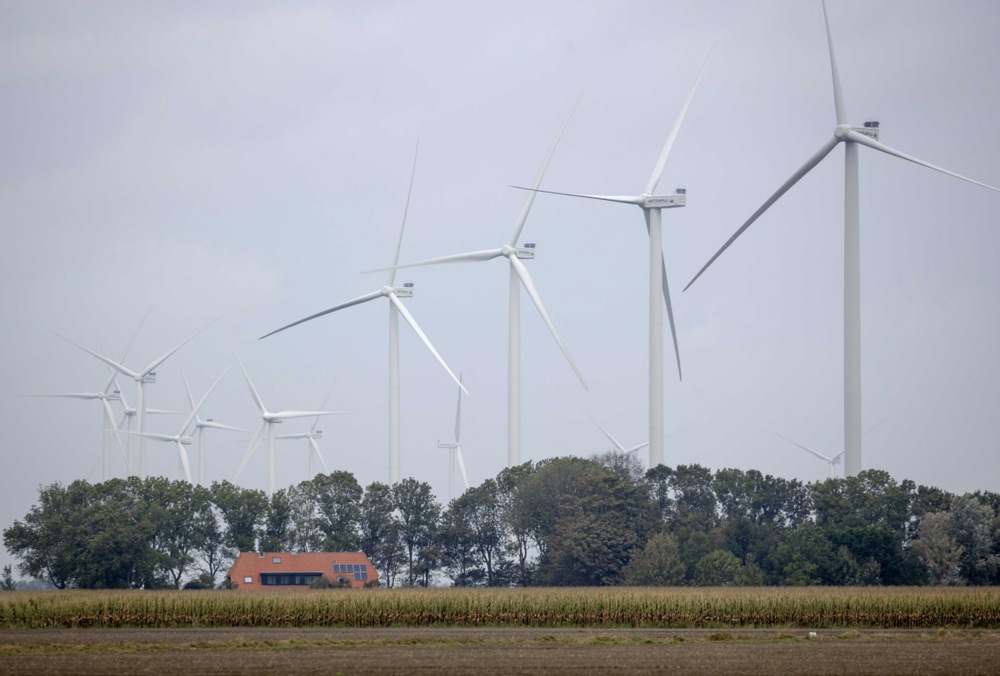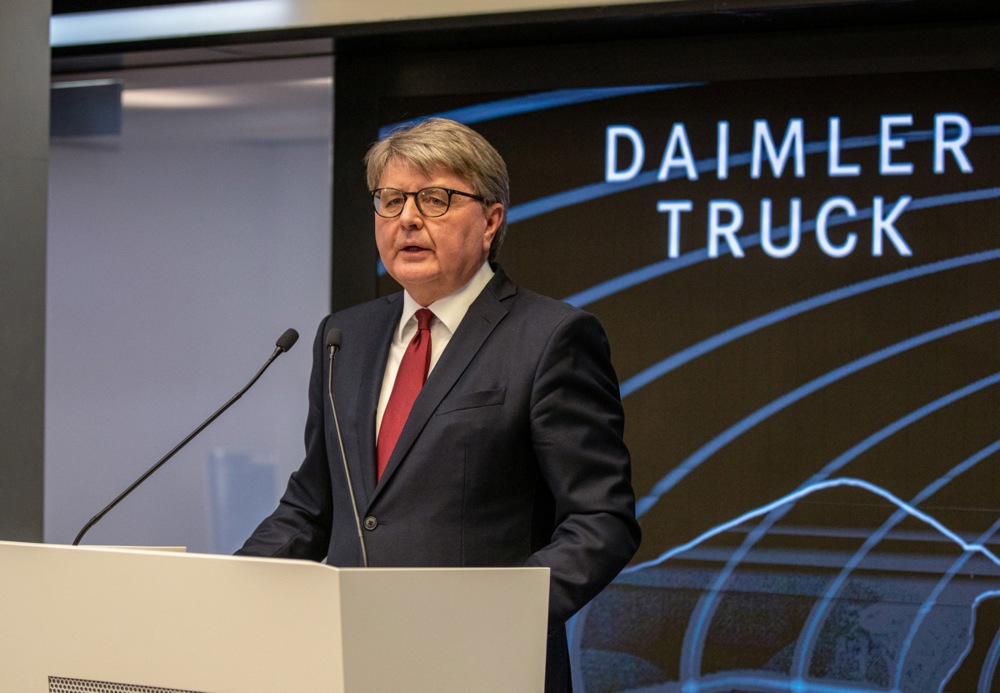Germany’s second-largest automotive supplier, ZF Friedrichshafen, is planning to close plants in Europe and cut up to 12,000 jobs.
The company said it was looking to expand its operations in what it described as the more business-friendly nation of Turkey.
The multinational manufacturer is struggling with high debt and the EU’s decision to abandon combustion engine vehicles.
In addition, costs of research and development are rising, while ZF Friedrichshafen’s group sales are dropping.
Holger Klein, CEO of the company, told German business periodical Manager Magazin on July 4 that the push for electrification was “driven purely by regulation” and would not work if too few customers wanted electric vehicles (EVs).
Germany’s VDA auto association has urged the European Commission to drop its planned tariffs on China-made electric vehicles in a last-ditch effort to influence negotiations ahead of the tariffs kicking in on Thursday. https://t.co/H8ySns6UNb
— Brussels Signal (@brusselssignal) July 3, 2024
In an opinion piece in Focus, journalist Reinhard Schlieker echoed this claim, saying that the company was relocating parts of its production out of the European Union to Turkey because the political and economic framework there was more business-friendly.
Turkey has several advantages over the EU. It is cheaper to produce goods there, it is close to Europe and, importantly, it is not subject to EU regulations, Schlieker wrote.
A spokesperson from ZF Friedrichshafen that the EU now requires “better education and infrastructure, energy costs and security of supply, tax burden and social security contributions, as well as a supportive regulatory framework” in order to keep its business sector afloat.
Such a supportive framework, they added, would in turn require “faster approval processes, a reduction in reporting obligations, and a technologically open framework in which companies can operate”.
But, Schlieker noted that, rather than helping, the EU has opted to create more burdens for businesses such as the 2022 Supply Chain Due Diligence Directive. According to the European Commission, the aim of the legislation is to “foster sustainable and responsible corporate behaviour for a just transition towards a sustainable economy”.
Currently, ZF Friedrichshafen employs 54,000 people in Germany although that number is set to drop significantly,with plans to close sites. Unless drastic cost savings can be implemented, 12,000 jobs are on the line.
Wirtschaftswoche, an economic magazine, also pointed out that companies delivering to the automotive industry are leaving Germany.
EU electric car sales drop in May as German demand slumps, industry says. https://t.co/RGzYOusyEL
— Brussels Signal (@brusselssignal) June 20, 2024
In June, the Association of the German Automotive Industry (VDA) stated that it was likely that every other company in the industry would soon start cutting jobs.
Eight out of 10 companies said they were postponing, relocating or cancelling planned investments in Germany, while one in three was planning to relocate investments abroad, according to the VDA.
Some 83 per cent of the companies said they were heavily or very heavily burdened by bureaucracy.
Currently, electronics sectors are predominantly not profitable. Major German companies, including Bosch, Miele and Continental are all struggling to do business in their own country.
On June 8, Stefan Hartung, chairman of the board of management of Bosch, told journalists that the results in the European elections, with a defeat for the Greens and significant gains for right-wing groups, could lead to the end of classic combustion engines being re-examined.
He also said his company planned arouns 1,200 job cuts in 2024 due to increasing costs.
Germany’s economic policy is a “sheer catastrophe” as a result of political “fundamentalists” running the country, a senior business leader has warned. https://t.co/P2d6Zo4wWa
— Brussels Signal (@brusselssignal) June 7, 2024





